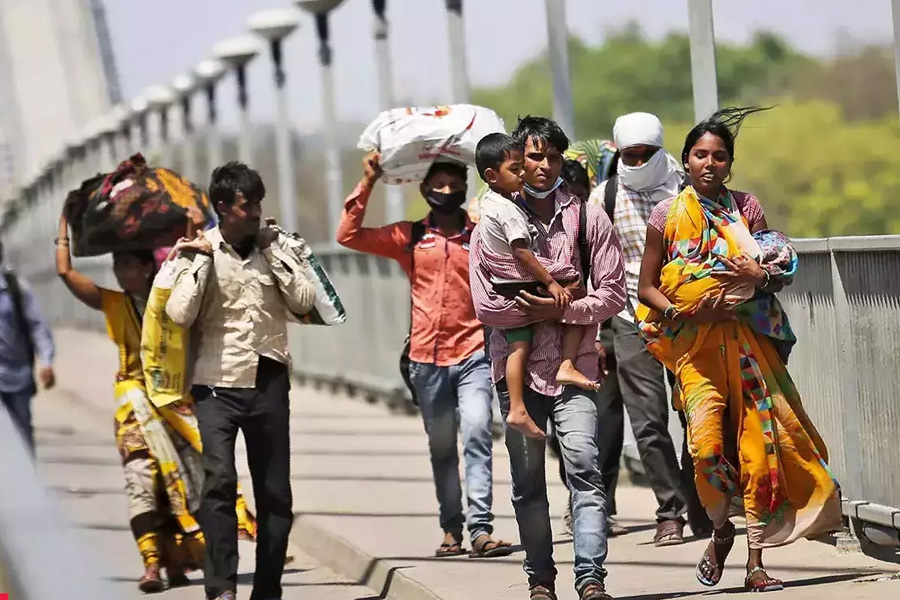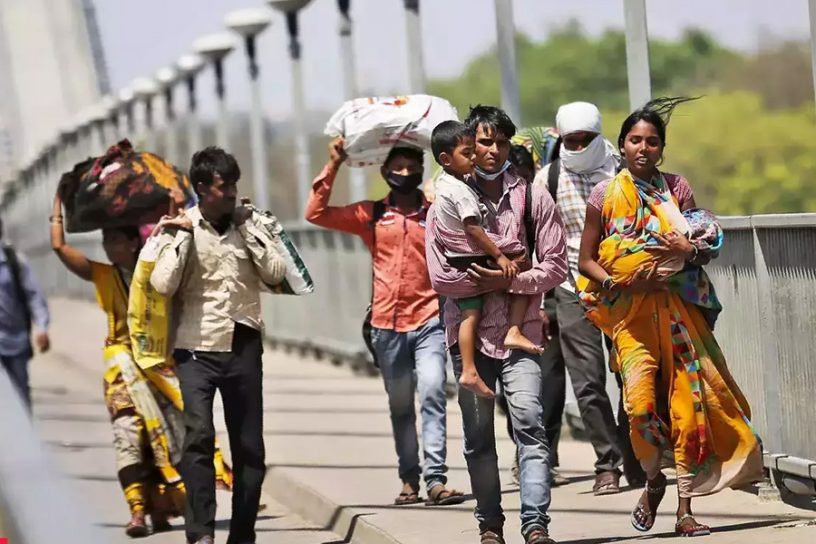
Examining the adequacy of the law in dealing with a pandemic in modern times, this article delves into various aspects of working through a pandemic where the law was found wanting or not actively assisting or supporting the efforts of the state and its enforcement agencies in curbing the pandemic.
Author
Digvijay, TRIP Fellow, Jindal Global Law School, O.P. Jindal Global University, Sonipat, Haryana, India.
Summary
While the pandemic diseases have progressed and taken brutal shape and forms, the Indian state is equipped with a pre-colonial Epidemic Diseases Act, 1897 to deal with the vast challenges put forth by a pandemic.
The country banked on age old techniques of quarantine, physical separation (incorrectly calling it social distancing) and a general practice of several trial and hit methods.
This article examines the adequacy of the law in dealing with a pandemic in modern times that is riddled with complex economic relations, need for personal freedom and a huge amount of pressure on limited resources to deliver public health and safety in a self-acclaimed welfare state.
It delves into various aspects of working through a pandemic where the law was found wanting or not actively assisting or supporting the efforts of the state and its enforcement agencies in curbing the pandemic.
Published in: International Journal of Health Sciences
To read the full article, please click here.


